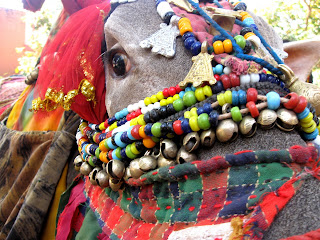You know, I’m sitting here writing this and thinking – why in the heck’s name isn’t there Ed MacBain in my bookshelf? I don’t know why but it doesn’t in anyway diminish the fact that if there is any mystery writer who I would allow to argue for space in the Best Crime Writers Ever section with Agatha Christie and Dorothy L Sayers, it would be Ed McBain (1926-2005)
Or should I say “Evan Hunter”? Or then his real name - Salvatore Lombino?
When I started reading McBain, I didn’t know that he had more than 130 books to his credit, that at the height of the popularity of the 87th Precinct series, he published two novels a year, that he was awarded the Mystery Writers of America Award AND the Grand Master Award, Mystery Writers of America, 1986, for lifetime achievement and was the first American to receive the British Crime writer’s Association Cartier Diamond Dagger.
Or that he wrote the screenplay for Alfred Hitchcock’s film BIRDS…

http://www.mysterynet.com/hitchcock/mcbain/
All that I knew is that every time I opened a McBain book, to pinch a line from Jerry Maguire, he had me from the very first line…
It wasn’t that the criminals were more devious or the crimes more ghastly or even that the detectives were more clever. In the words of Nick Kimberely of the Guardian…
“the novels are best considered as an immense saga in which the dilemmas of modern life are played out, but varied with tremendous narrative vigour. Or perhaps they constitute a love-letter, millions of words long, to the city: New York City first of all, but the American city in general."
http://januarymagazine.com/features/mcbainintro.html
This opening para from JIGSAW should make my point.
Detective Arthur Brown did not like being called black
This might have had something to do with his name, which was Brown. Or his color, which was also brown. Or it might have had something to do with the fact that when he was but a mere strip of a boy coming along in this fair city, the word "black" was usually linked alliteratively with the word "bastard." He was now thirty-four years old and somewhat old-fashioned, he supposed, but he still considered the word derogatory, no matter how many civil rights leaders endorsed it. Brown didn't need to seek identity in his color or in his soul. He searched for it in himself as a man, and usually found it there with ease.
He was six feet four inches, and he weighed two hundred and twenty pounds in his undershorts. He had the huge frame and powerful muscles of a heavyweight fighter, a square clean look emphasized by the way he wore his hair, clipped close, clinging to his skull like a soft black cap, a style he had favored even before it became fashionable to look "natural." His eyes were brown, his nostrils were large, he had thick lips and thicker hands, and he wore a .38 Smith & Wesson in a shoulder holster under his jacket.
The two men lying on the floor at his feet were white. And dead.
If you aren’t already hooked, go to http://www.edmcbain.com/default.asp
It’s rare to find a website on a writer as comprehensive and as interesting as this one – and the best part, is you can peep inside many of the books!








